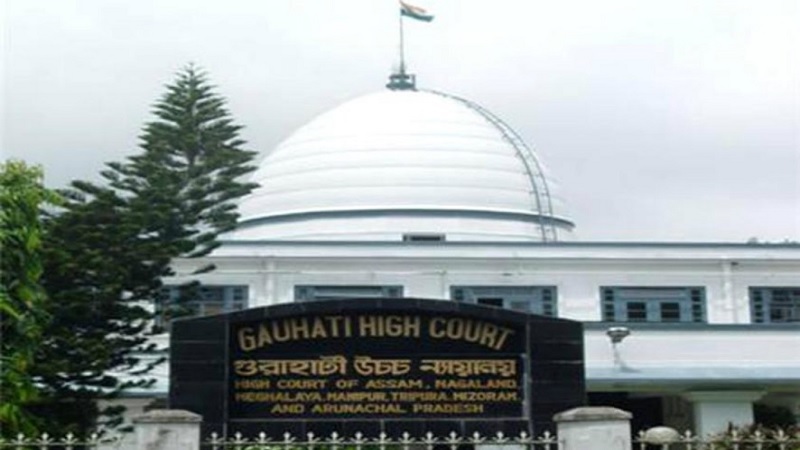 Image Courtesy:thehillstimes.in
Image Courtesy:thehillstimes.in
The Gauhati High Court has stayed the order given by NIA court which would have meant default bail or statutory bail for Akhil Gogoi who has been in custody of the National Investigating Agency (NIA) since 90 days. Akhil Gogoi, founder-secretary of Assam based organization called Krishak Mukti Sangram Samiti (KMSS). He was charged under serious offences of the Unlawful Activities Prevention Act which is viewed as one of the most draconian laws of India. He was arrested after violence broke out in many places in Assam during the protests against the Citizenship Amendment Act (CAA) under the allegations that he incited violence as a part of a Maoist conspiracy.
The NIA Court had refused to extend period of investigation beyond 90 days to the National Investigating Agency which meant that Akhil Gogoi was entitled to default bail or statutory bail until the intervention of the Gauhati High Court granting a stay on the NIA court’s order. A statutory bail is the accused person’s right to be released from custody on bail upon failure of investigation agency to submit final report within prescribed time.
The stay on NIA court’s order was granted when NIA went into appeal at the high court. A bench comprising of Justices Ajai Lamba and Achintya Malla Bujor Barua placed the matter before the Chief Justice of the High Court to constitute a larger bench to adjudicate upon the legal issues of maintainability of the appeal by NIA.
The NIA, unable to complete the investigation in the stipulated time of 90 days, filed an pplication under section 43D(2)(b) of the UAPA which was dismissed on March 16 by the NIA court or special court. After the NIA approached the High Court, the main issue was whether the appeal was maintainable since section 21(1) of the NIA Act bars appeal against interlocutory orders. The high court was not convinced by the arguments of the accused’s counsel who cited a case where an accused’s appeal against the order allowing extension of investigating period was dismissed citing the section 21(1) of the NIA Act. The bench stated that since this appeal was coming from the NIA, the right of the investigating agency to investigate the case will be substantially effected. The questions for the larger bench were also formulated:
(i) Whether order refusing to extend the period of investigation upto 180 days in terms of Section 43-D (2)(b) of the Unlawful Activities (Prevention) Act, 1967 can be construed as interlocutory order? Whether such an order would have any bearing on the proceedings of the trial itself ? Whether such an order decides the right of one of the party (investigating agency) ?
(ii) Whether the order “refusing” to extend judicial remand form 90 days to 180 days in terms of Section 43-D (2)(b) under the Unlawful Activities (Prevention) Act, 1967, would have any effect on ultimate decision of the case/trial ?
(iii) Consequently, whether appeal against such an order (impugned order) would be maintainable under Section 21 of the National Investigating Agency Act, 2008 ?
The court’s opinion on grant of default bail to Gogoi was, “Considering the serious nature of accusations and the alleged nature of evidences collected, the matter appears to be rather serious requiring exhaustive investigation. In such circumstances, in the considered opinion of this Court, the right of the investigating agency to investigate cannot be frustrated, in the interest of effective and fair investigation.” Hence the special court’s order was stayed. The bench also directed that the matter be placed before the Chief Justice within a week for consideration.
The Order can be read here :
Related:
